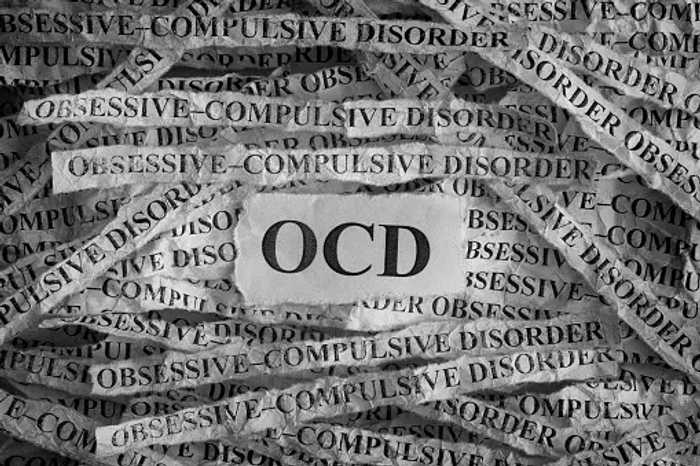Published 22:58 IST, July 14th 2024
Does OCD Extend Beyond Your Obsession With Cleaning? Causes, Symptoms, Risk Factors
Obsessive-compulsive disorder (OCD) is a mental health condition in which people have persistent, intrusive thoughts (obsessions) and repetitive behaviours.
Advertisement
If you find yourself constantly scrubbing your kitchen or rearranging your room after guests leave, you might have been told you have OCD, or obsessive-compulsive disorder. While popular culture often associates OCD with a compulsive need to clean, the reality of this condition is far more complex. Obsessive-compulsive disorder is a serious mental health issue that significantly impacts a person's daily life and relationships. Recognizing its full scope is crucial for those who suspect they might be suffering from it.

What is Obsessive-Compulsive Disorder?
Obsessive-compulsive disorder (OCD) is a mental health condition characterized by persistent, intrusive thoughts (obsessions) and repetitive behaviors (compulsions). Obsessions are unwanted, distressing thoughts or fears that individuals find hard to dismiss, even though they recognize these thoughts as irrational. Compulsions are actions performed repeatedly in response to these obsessions, often in an attempt to reduce the anxiety they cause.
Advertisement
While OCD is often misconstrued as a fixation on cleanliness, the disorder encompasses a wide range of obsessions and compulsions. Individuals with OCD might feel compelled to check locks repeatedly, count objects, or perform certain routines to the point that these behaviors disrupt their daily lives.

Link between OCD and cleaning
The association between OCD and cleaning arises because one common manifestation of the disorder involves fears of contamination or illness. Individuals with this type of OCD may feel an overwhelming urge to clean or wash repeatedly to alleviate their anxiety. However, it is important to understand that not all individuals with OCD exhibit cleaning behaviors. The disorder can manifest in many other ways, including checking, ordering, hoarding, and mental rituals.
Advertisement
Broader symptoms of OCD
OCD is more than just a preference for neatness. The intrusive thoughts that plague those with OCD can range from fears of harming others to doubts about one's morality or fears of catastrophic events. These obsessions can lead to compulsions like repeating certain words, checking appliances multiple times, or avoiding certain numbers or colours. The intensity of these behaviors can make daily functioning challenging, affecting work, school, and personal relationships.

Causes and risk factors
The precise cause of OCD remains unknown, but research suggests a combination of genetic, neurological, behavioral, cognitive, and environmental factors. Potential risk factors include:
Advertisement
Genetics: OCD tends to run in families, indicating a genetic component.
Brain structure and function: Abnormalities in certain areas of the brain and an imbalance in neurotransmitters, such as serotonin, may play a role.
Advertisement

Environmental factors: Trauma, abuse, or significant stress during childhood or later life can trigger OCD.
Personality traits: Individuals who are naturally meticulous, perfectionistic, or have high levels of anxiety may be more susceptible.
Advertisement

How to combat OCD?
Cognitive Behavioral Therapy (CBT): This form of psychotherapy helps individuals understand and change their thought patterns and behaviors. Exposure and Response Prevention (ERP), a type of CBT, is particularly effective for OCD.
Medication: Selective serotonin reuptake inhibitors (SSRIs) and other medications can help manage OCD symptoms.
Lifestyle modifications: Maintaining a healthy diet, regular exercise, and sufficient sleep can support overall mental health.
Mindfulness and stress management: Techniques such as meditation, yoga, and deep-breathing exercises can help reduce anxiety and improve emotional regulation.
22:58 IST, July 14th 2024